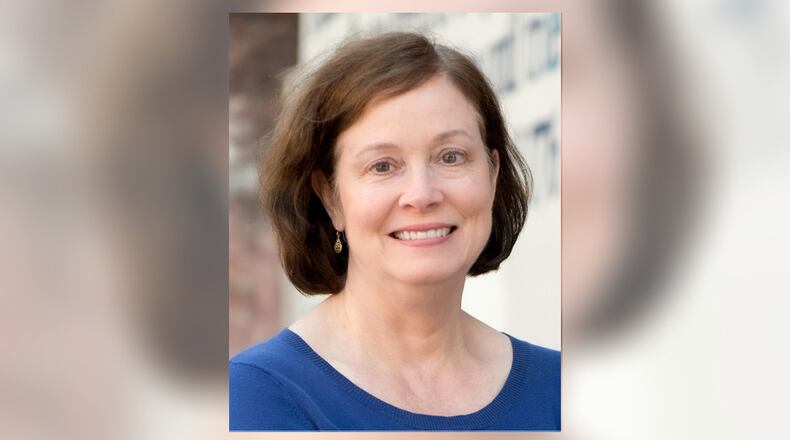Editor’s note: This story was updated Friday morning to include additional details of the case and comments, as well as a Friday U.S. Supreme Court decision that could affect the case.
A judge ruled Thursday that Patty Durand, a Democratic candidate for the Georgia Public Service Commission (PSC), can stay in the race for the District 2 seat because the state’s residency requirements are unconstitutional as applied to her case.
In a 31-page ruling, Fulton County Superior Court Judge Melynee Leftridge found that Georgia Secretary of State Brad Raffensperger’s decision to reject the findings of an administrative law judge and disqualify Durand before the primary was flawed.
“The Secretary of State’s rejection of those findings is thus clearly erroneous, considering the reliable, probative and substantial evidence contained in the record,” Leftridge wrote.
PSC seats are voted on statewide, but Georgia law requires that candidates live within the boundaries of their district for 12 months prior to an election.
In a separate lawsuit, U.S. District Judge Steven Grimberg ruled on Aug. 5 that the statewide election system violates the Voting Rights Act by discriminating against Black votes.
An appeals court later blocked that ruling, allowing two PSC elections scheduled for November to move forward. But in yet another twist, a U.S. Supreme Court decision Friday morning put the PSC elections on hold again, pending a second review by the 11th Circuit Court of Appeals in Atlanta.
Durand, who is not a plaintiff in the voting rights case, previously lived in Gwinnett County, which was in District 2. Then, before candidate qualifying earlier this year, state lawmakers passed redrawn district maps for all five PSC seats and moved Gwinnett County out of District 2.
On the eve of the May primary, Raffensperger disqualified Durand from the race, arguing she had not lived in the new District 2 long enough to be eligible. But on Election Day, Leftridge allowed Durand to stay on the primary ballot.
Durand’s attorney, Bryan Sells, had acknowledged that his client has not lived in the district long enough to be eligible.
Sells argued, however, that Durand had been the victim of a targeted campaign by her Republican opponent, incumbent PSC Vice-Chairman Tim Echols, and Chairman Tricia Pridemore, to influence the redistricting process and draw Durand out of the new District 2 boundaries.
Among the evidence Sells presented were screenshots of text messages from January between Pridemore and Echols.
In the messages, the two shared draft district maps and discussed trading counties. At one point, Pridemore texted Echols, “Don’t forget to get her home address and send to me please,” referring to Durand. Echols later responded with Durand’s former Gwinnett County address.
Credit: SPECIAL TO THE AJC
Credit: SPECIAL TO THE AJC
Weeks later, state lawmakers approved the new political maps that threatened Durand’s ability to run.
In June, The Atlanta Journal-Constitution published the text messages and other emails, which appeared to show the commissioners’ were closely involved in the redistricting process.
Sells also argued that changing the composition of District 2 on the eve of candidate qualifying excluded nearly 1.5 million people from running in the district, drastically limiting the pool of potential candidates. All of this, he said, meant applying the state’s durational residency requirement to Durand would infringe on her First and Fourteenth Amendment rights.
In her ruling, Leftridge rejected Raffensperger’s claim that the evidence presented by Sells misrepresented the commissioners’ role in helping to draw new district maps.
In response to the judge’s ruling, Durand said, ”I’m glad this case vindicated my claim proving that Tim Echols improperly influenced the redistricting process and violated the law.”
A representative for Echols said he had no comment on Leftridge’s decision. Chairman Pridemore did not immediately respond to a request for comment.
For now, Leftridge’s ruling means that Durand will face Echols and Libertarian Colin McKinney in this November’s general election.
However, the decision may not be the final word in the matter.
Raffensperger could appeal the case to the Georgia Supreme Court, but it was not clear whether he plans to. A request for comment sent to Raffensperger’s office was not immediately returned.
About the Author
Keep Reading
The Latest
Featured



